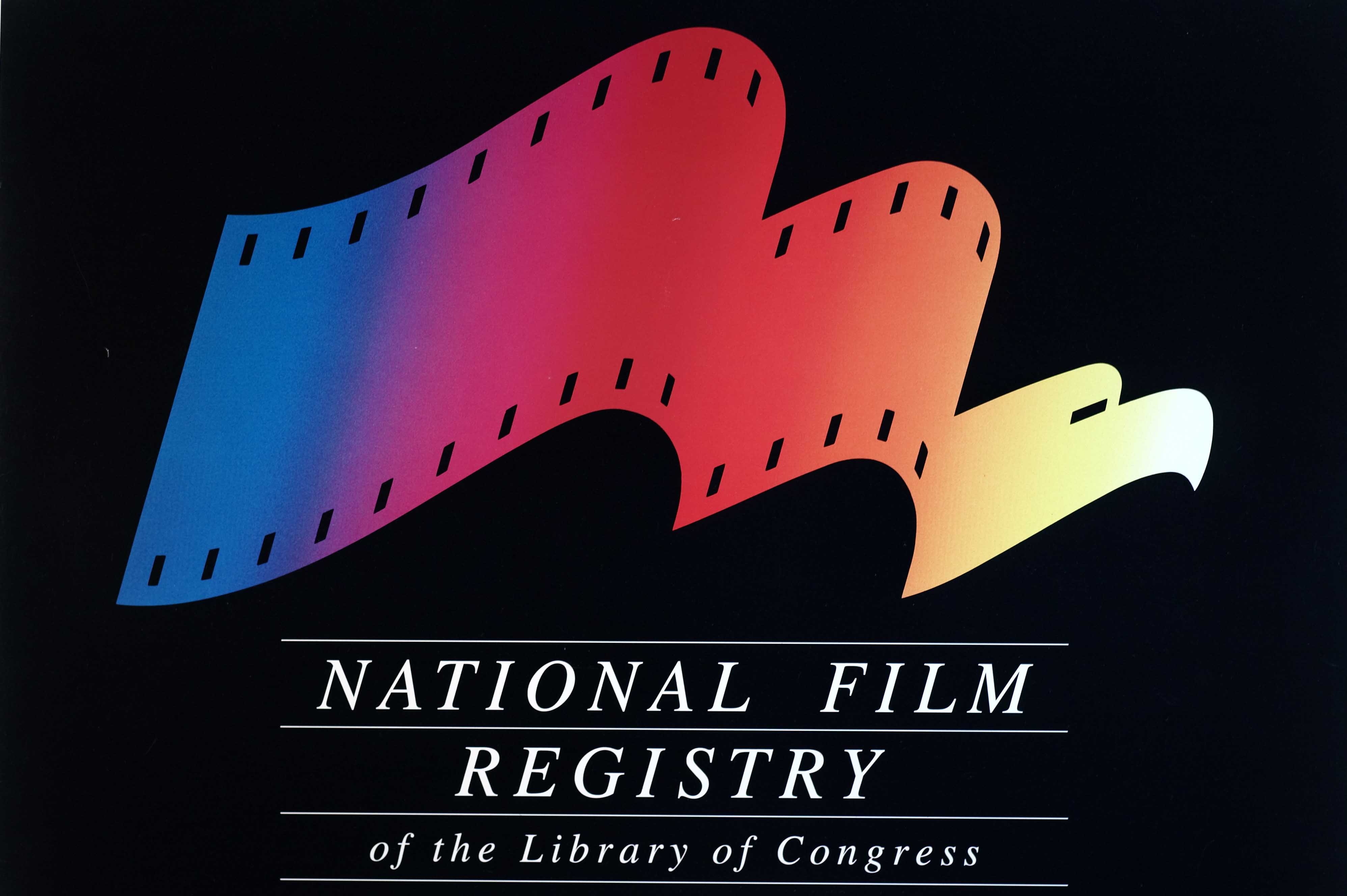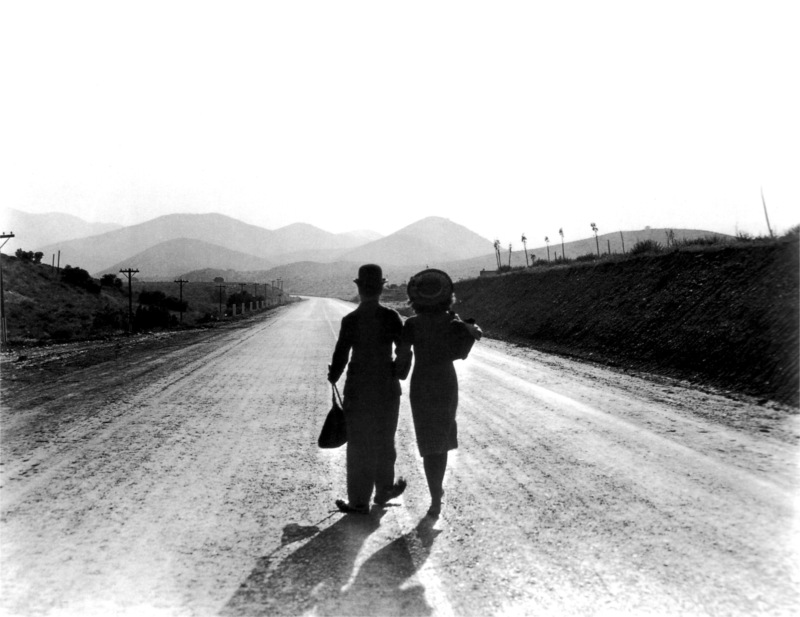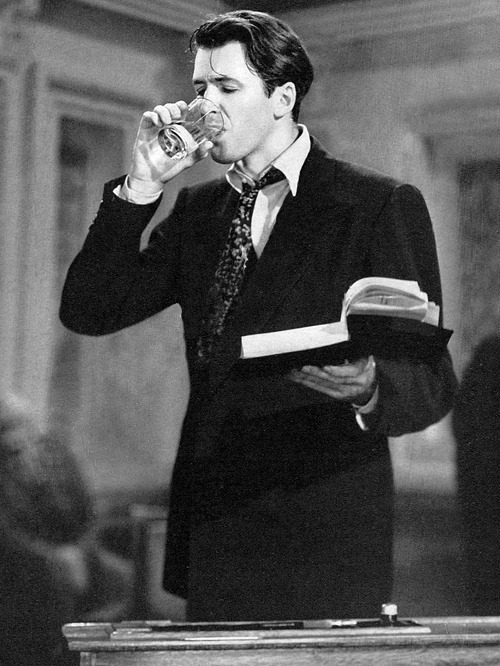The Learning Tree is often distinguished as being the first Hollywood studio film made by a black man. It's high production design, original song and film score, and vibrant use of Cinemascope places it among the ranks of all those outrageously expensive and stylish films from the golden era, giving it the mark of a bonafide Hollywood film like Gone With the Wind. But it's the complexity in the racial themes, not their mere presence, that makes this film so moving and still relevant today . Although, its status as the first black studio film is pretty cool and enough to spark interest in people.
When I mentioned this film's complexity in portraying racism, I specifically meant to outline here how the message is not simply "right or wrong" and does not profess an ultimate method of dealing with prejudice. It merely shows two ways that black people chose to cope, and ultimately I don't find a compelling argument for one being better than the other. The two methods, hostility towards whites and compliance with whites, both lead to drastically different outcomes for our characters, but neither method goes unchallenged. The back of the DVD claims that Parks shows with this film that "hate is a waste of valuable energy", implying that loving thy racist neighbor will result in a better outcome. I don't know if that was the filmmaker's intention. If anything, Parks shows that sticking to one's principles will internally dignify them, but it won't protect them from the world. Early on, and often in a beautifully visual fashion, Parks presents a world of contrasts and puzzlement.
The film opens with several pretty, flowery landscapes full of pastel colors and Ford-like compositions. We see Newt running innocently through a meadow. Knowing what the movie is about, I know that this will have to be contrasted with the darker themes in the narrative, but Gordon does me better by having a tornado come ripping through this opening. Not only is this a visual juxtaposition to express hatred and violence in a time of innocence, but it houses within it several images of black hardships. While worrying about Newt, we see his sister taking his invalid father to bed. His father remains a passive and silent character throughout, illustrating the powerlessness of the black male and the lack of quality health and stability in black families. A scene where Newt's foil, Marcus, runs out into the storm and away from his angry father simultaneously depicts black poverty and abuse and alcoholism within their own society. It's also an explicit Wizard of Oz reference. We have already been told the setting is Kansas, we see Newt's family looking for him in a panic, and he is later knocked out and revived only to find a surreal (and, this time, erotic) scene before him.
The strangest thing about this scene is the slow-motion, foggy and erotic scene where Newt wakes up to that girl. As far as I know, we never learn her name. She shows up a lot in the movie though, often just lingering around in scenes. Aside from her function in Newt's brief sexual awakening (this is a coming-of-age film, after all), she doesn't seem to do much as other than act as a vessel of black experience, as she is present in both positive and negative situations that our main characters experience. It's almost like a Greek chorus, but not really, since if I remember correctly, she has one line in the entire film.
Earlier on in that clip, an image of ranchers wrangling a herd of black cattle in the distance evokes an image of slavery, and these images occur throughout to stand as a reminder of the white oppression that still lingers in post-abolition society. Soon after, just before the storm, a dead tree with a rope hanging from it stands outside Newt's house. When Newt and his friends are caught stealing apples from Old Man Kiner's orchard, he chases them with a whip and brutally assaults Marcus.
As the story progresses, more explicit echoes of slavery still surround the lives of the characters. As punishment for stealing apples, Newt's grandmother makes him work as a farmhand for Old Man Kiner over the summer with no pay.
Later, when the boys go skinny dipping, they are confronted by the vicious Sheriff Kirky. A group of men who were gambling also hides in the woods, one of them the black man named Tuck. Newt calls to warn him, as both he and the audience know Tuck has much more to fear than his white peers. This leads to a brief chase, and finally, Kirky murders Tuck for simply running away, instilling in Newt a fear of death and disorder. In Marcus, this instills a deep hatred for white brutality.
One scene has particular relevance to today. Newt's mother implores the local judge to go lightly on Marcus for retaliating against Kiner. The judge says "it was a brutal act by a brutal boy", completely disregarding the context of a situation. While Kiner was justified in being angry about his apples, it took just as much brutality to respond to petty theft with such excessive violence.
While the first act sets up the touchstones of black lives and oppression, and the different reactions to it, the second act takes each extreme and tests it. Newt becomes subservient and compliant with whites, while Marcus lashes out against them at every turn. At first, it seemed that the movie was trying to preach the power of turning the other cheek, something I was worried by. A lighthearted montage where Newt courts a girl from church started to make me think the movie was sugarcoating the struggle of the 1920s black experience. One shot in particular shows Newt and his girlfriend walking happily out of an unsegregated theater. However, Newt's period of self-discovery are frequently punctuated by Marcus' period of confinement.
The film has a lot of match cuts, and one of the things this accomplishes is to show the ubiquity of religion in the characters lives, as one match cuts depicts hands clasped together in prayer at the dinner table, and then the same hands clasped at a church prayer service. The institution of religion is later maturely dismantled when Marcus denounces the local pastor who visits him in prison, expressing a widely felt disillusionment with religion in the face of constant unfair and cruel treatment. This topic is touched on again when Newt asks his mother about her personal religious beliefs, and both of them seem to arrive at the conclusion of being hopeful agnostics.
While Marcus' hatred of white men doesn't seem to serve him well, Newt's pacifistic convictions are also shown faltering and leaving him powerless. An interesting tension is introduced when his girlfriend is easily courted and taken away by a white peer. Even though they walk out of an unsegregated theater, they are soon after kicked out of a restaurant. When Newt's guidance counselor refuses to put him in a college level course or entertain his dreams of reaching higher education, he venomously insults her.
Even non-racial elements, such as the abusive father of Marcus, are shown from different perspectives. A scene in which he cannot sign a prison release reveals him to be illiterate, which humanizes him. He also shows concern and affection for his son when not under the influence of alcohol.
The tension of the third act revolves around Marcus' dad's murder of Kiner. When caught stealing his booze, he shoots Kiner to avoid being convicted, and a white farmhand who had been fighting with Kiner earlier is accused. Newt was unknowingly witness to all of this, and must decide if he should keep the truth to himself to protect the black community or tell the truth to ensure that justice is truly served.
Here comes a point where, as a viewer, I want the character to do the "wrong" thing. At first, it frustrated me that I knew that Newt's coming forward was inevitable. Not only does he owe nothing to white society, but the safety of the community as a whole outweighs the life of one farmhand. This is one of the few times I take a utilitarian stance.
However, the movie handles it so compellingly and realistically, it made me remember something about characters. Characters need not and often should not make the right decisions. They shouldn't do what the audience wants them to do. I believe this is what makes some of the most compelling protagonists. When their actions are in line with audience expectations, we pat ourselves on the back. When they aren't, we ask questions. The movie has made us think.
Newt ultimately does come forward, and it creates a very violent outcome. The judge I mentioned before makes a very great speech at the end, similar to Father Barry's "Crucifixion" speech in On the Waterfront. However, it is met with visible expressions of apathy by the white onlookers. We end up getting a rather bleak ending because of this. Newt doesn't take on the aggression of Marcus, but he is no longer subservient to white men. It is, rather, fear of destruction that governs his actions. It is the knowledge of impending doom that has made him come of age.
The next film on the Registry is Intolerance (1916)


































